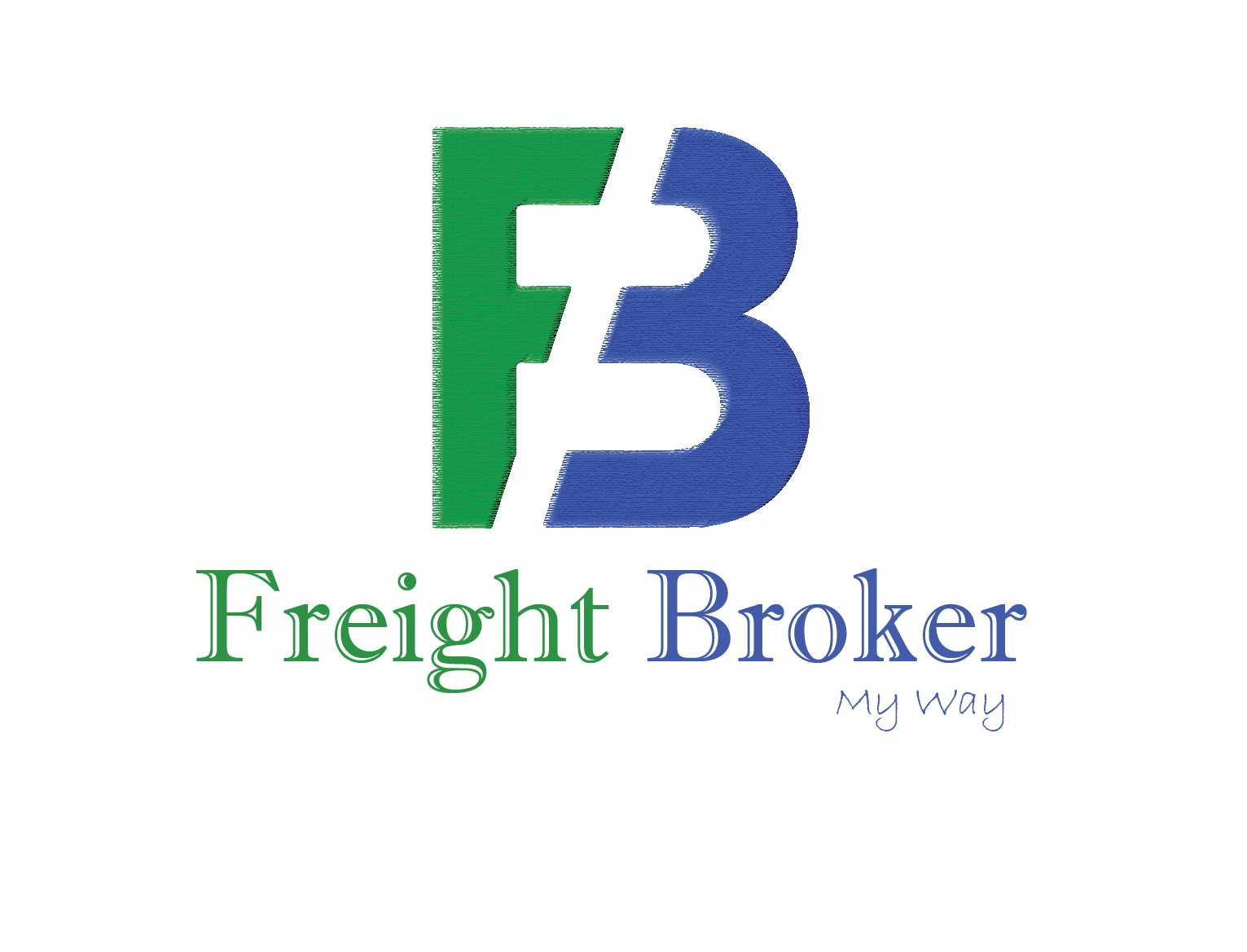
Facts about Freight Claims you must know!
What is a claim?
A claim is considered a demand in writing for an amount of money that is owed.
So much occurs in the freight world, it’s a possibility that you may stumble across a freight claim, and if this ever happen we want to make sure that you know everything that is needed to file a claim successfully!
It is important that you understand the basics about claims. True enough no one wants to deal with claims and it is a bit intimidating due to the severity within proclaiming the burden of proof along with whom is held responsible for recouping the cost which are only small tidbits of the basics on how claims work.
If you are not aware of how claims work you can potentially end up owing a large sum of money for something they may not even be your responsibility. Companies can go out of business for this very reason, so please listen up and take notes, this is important.
10 FACTS ABOUT FREIGHT CLAIMS YOU MUST KNOW!
FACT #1
There are several variables that potentially affect a shipment during transit, such as:
- The weather
- Road conditions
- Warehouse conditions
- Size, number, and shape of other shipments traveling with the product
- Special loading/handling instructions
Fact #2
Before a shipment is loaded on a truck, the shipper has a responsibility towards preventing loss and damage, all of these variables must be considered.
The Shipper is responsible for:
1. Proper packaging
2. Proper markings on the packaging
3. Proper description on the shipping papers
Fact #3
Shippers, Brokers and Truckers, you can find all existing tariff and shipping guidelines/regulations outlined in the following two publications:
1: National Motor Freight Classification
2: Hazardous Materials Regulations of the Department of Transportation
Fact #4
There are two types of loss or damage:
- Visible damage or a loss that is reported and noted on the delivery receipt at the time of delivery
- Concealed loss or damage that are found but not noted on the delivery receipt at the actual time of delivery
Fact #5
The customer/consignee is responsible for identification and documentation of loss and/or damages that are found upon delivery.
At the time of delivery, the consignee must:
- Check and count each shipment for visible signs of damage while the driver is still present.
- Examine the contents with the driver and record a detailed description of the results found on both the carrier’s and consignee’s copies of the delivery receipt.
- Have the driver to sign the consignee’s copy of the delivery receipt
- It is recommended to take photos as evidence to support the claim
Fact #6
- In a concealed damage claim, the consignee has the burden of proof. The consignee will need to prove that the carrier caused the damage.
Fact #7
- Each claim must be mitigated by law. Legally, the owner of the freight, shipper/consignee can reduce the loss by keeping the damaged product for a discounted price or by having the goods repaired.
- If the shipment is a total loss, any salvage must be retained for carrier’s disposition until after the claim is settled.
Fact #8
Documentation needed to file a claim:
- Bill of Lading Copy and POD/ delivery receipt
- Shipper Invoice to validate cost
- Inspection form
- Description of damage (drawings, photographs, police report) etc.
Complete the product information. This must include:
- Model number
- Sub product and/or Serial number
- Quantity
- Price
- Salvage Discount
Fact #9
For Truckload shipments, the shipper loads and secure the trailer by adding a seal, therefore if any shortages are reported it is more than likely the shipper’s responsibility. If the seal is broken and products are not found, the carrier is held responsible for the loss. In many cases, full truck load claims are typically found when there is an accident or water damage reported.
Fact #10
On average, the bill of lading contract specifies that in the event a claim must be filed, it must be received by the carrier within 9 months of the delivery. However, it is recommended to file as soon as you discover a claim is needed.
We have included the top 10 facts about freight claims that many may not be aware of. Please feel free to share your thoughts and if you have any questions or need assistance with filing a claim send an email to freightbrokermyway@gmail.com. We are here to assist you!
Bonus material:
It is also beneficial to understand the effects of freight terms! Here you go:
- FOB Origin, Freight Collect:
The buyer pays freight charges, owns the goods in transit, bears freight charges and files the claim, if needed.
- FOB Origin, Freight Prepaid:
The seller pays freight charges and bears freight charges. The buyer owns goods in transit and files the claim, if needed.
- FOB Destination, Freight Collect:
The buyer pays freight charges and bears freight charges. The seller owns goods in transit and files the claim, if needed.
- FOB Destination, Freight Prepaid:
The seller pays freight charges, owns the goods in transit, bears freight charges and files the claim, if needed.
May this information be of benefit to you and your company! If you like the material we provide and will love to see more, please feel free to send a small donation to freightbrokermwyay@gmail.com we truly appreciate you for all of your feedback and support!
Freight Broker My Way has much more coming your way and if you need any assistance with claims, your first consultation is on us for free! Email us for more info.
We are here for you!
Sincerely,
Freight Broker My Way

Hey there, You have done an incredible job.
I’ll definitely digg it and personally recommend to my friends.
I am confident they’ll be benefited from this site.